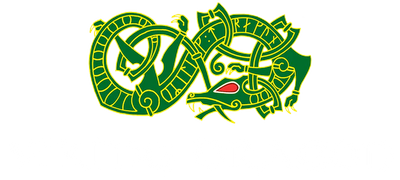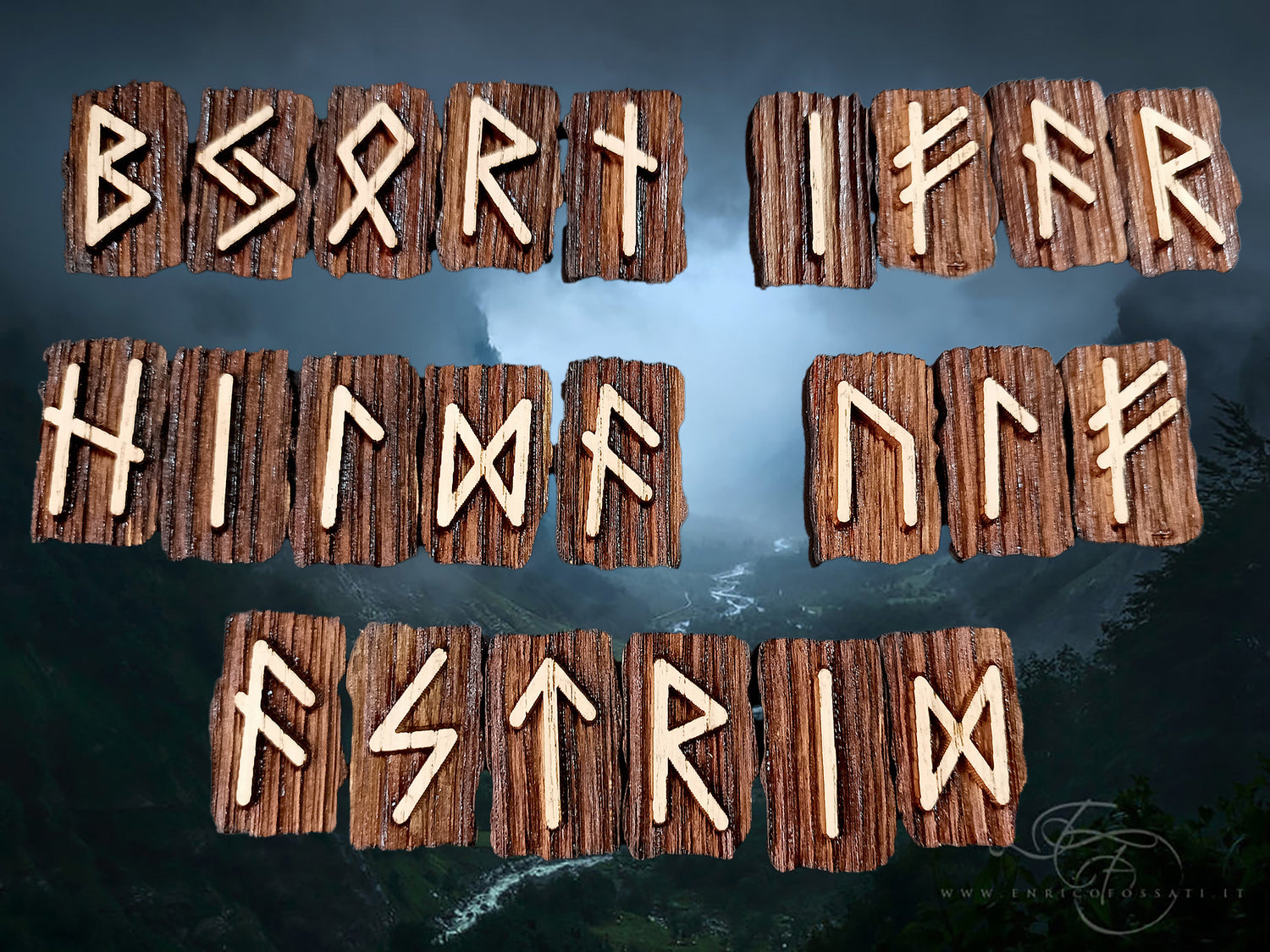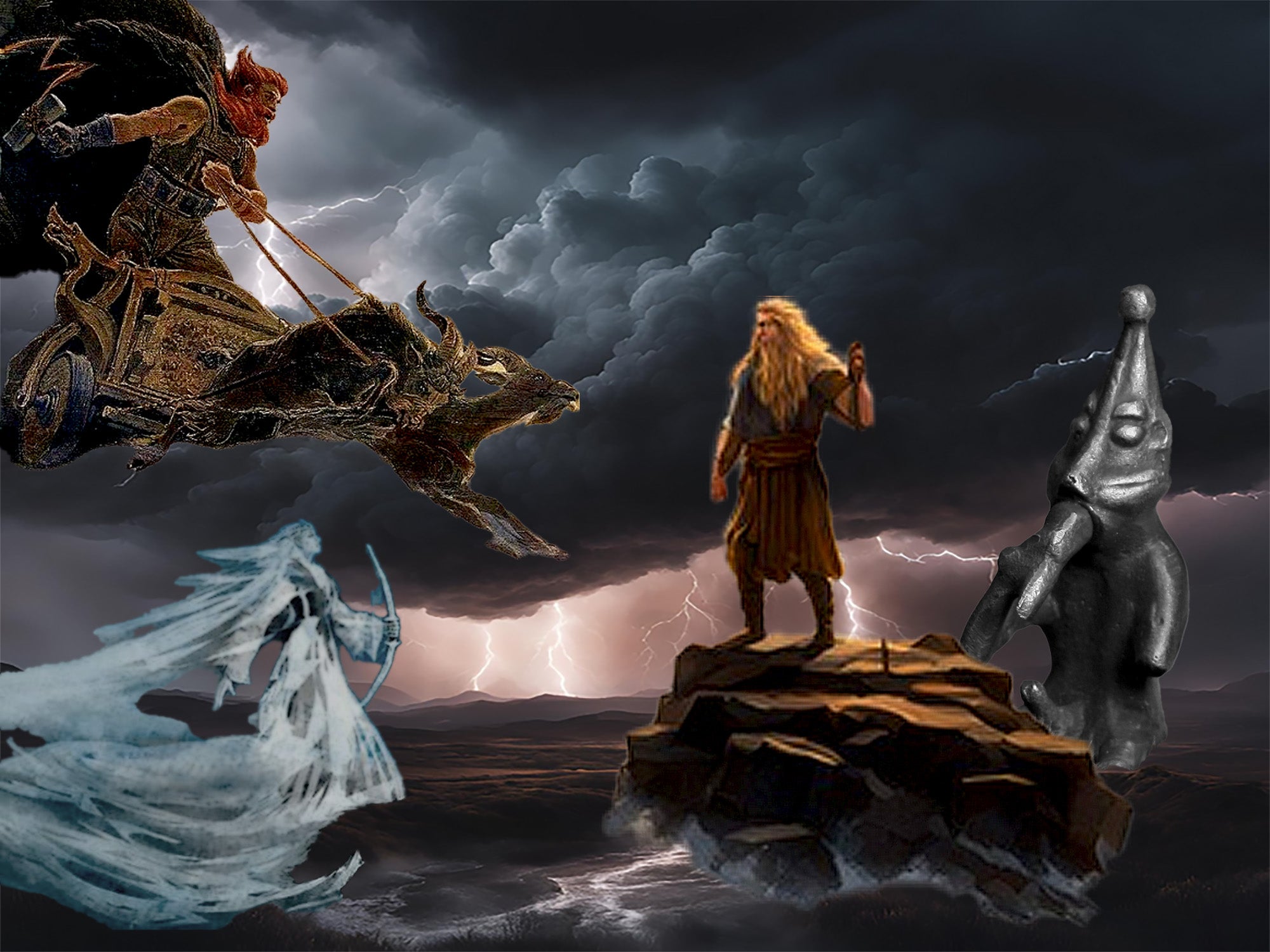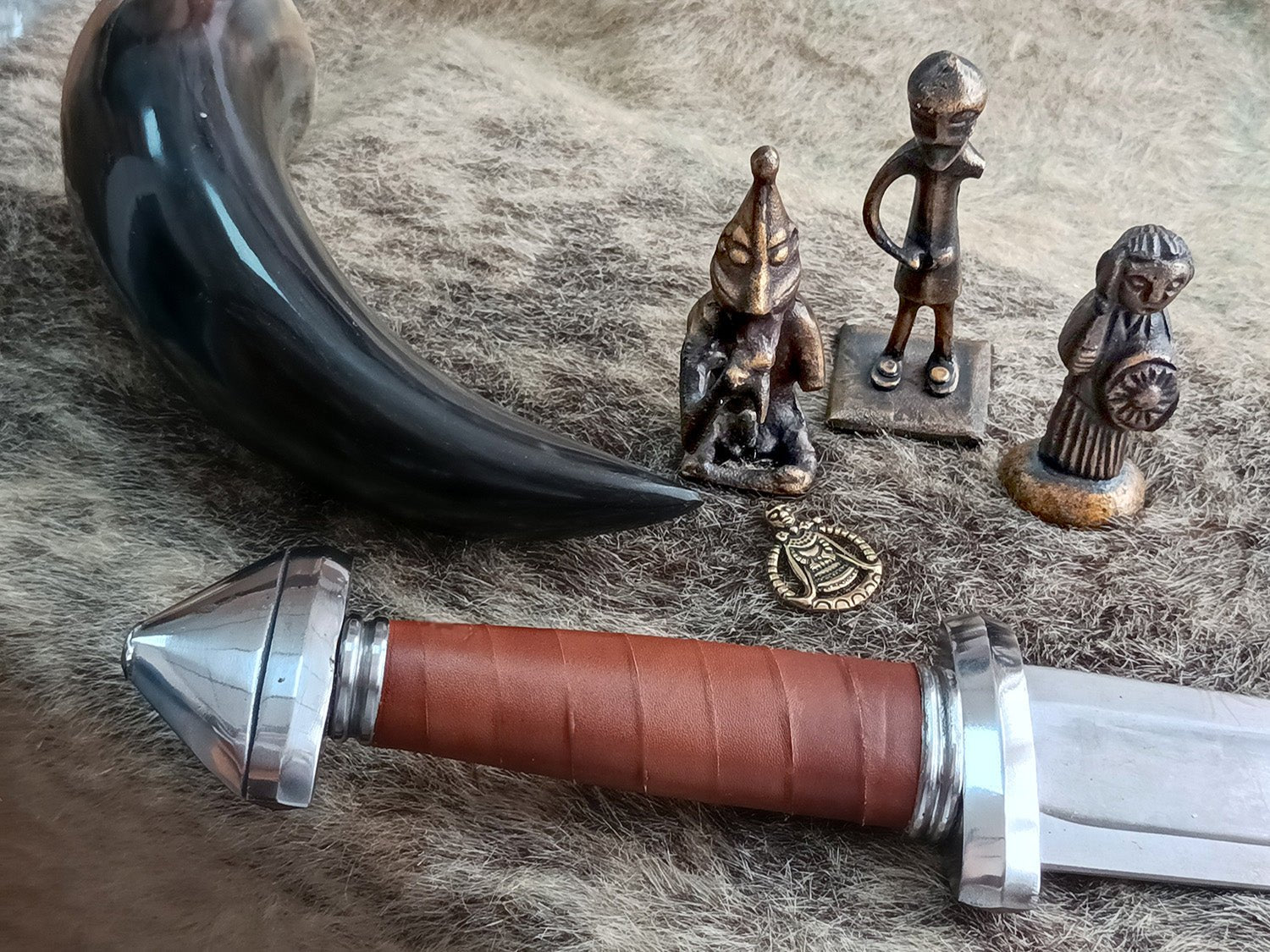The name a parent bestows on their child can be one of the most important early gifts they give. Names have power, as many folkloric and religious traditions will tell you, and deciding on a name has been a cultural milestone since ancient times. If you’re looking for a name for your child - or your dog or even made-up characters - you’re probably looking for something unique, interesting, and with a rich history. Why not enjoy some traditional Viking names? Here are five of the most popular Viking names, where they come from, and what they mean.
Viking Naming Conventions
Most of what we know about Viking names comes from runic inscriptions on relics from the Viking age, such as stone markers, and historically named places in previous Viking raiding and settling territory. Based on this evidence, we know that Vikings associated particular meanings with their names that they hoped to instill in their children - such as “peace” or “strength.” Some Vikings named their children after the Norse gods - most popularly, Thor, Odin, Freya, and Frigg - possibly hoping to earn the gods’ favor or blessing for the child.
Ulf
Ulf is a common Swedish name for boys both in the modern day (though it’s fallen out of favor in the last fifty years or so) and in Viking times. Directly translated as 'Wolf', its earliest appearance is in around the 11th century on a runestone. The name can be feminized into Ylva and is related to Germanic names like Rudolph and Ralph.
Children were named Ulf in hopes that they’d be as cunning and ferocious as the wolves that roamed the area and were a constant threat to the Vikings and their livestock. Later, the name also became associated with honor, bravery, and loyalty.
Astrid
Originating in Sweden, Norway, Denmark, and the surrounding Scandinavian region, Astrid is a girl’s name derived from two Old Norse words that loosely translate to 'Of Godly Beauty' or 'Beautiful Goddess'. It was a popular name for Scandinavian nobility, such as Astrid of the Goths, a famous Swedish queen from the fourth century. The name is starting to gain popularity again in modern times, even outside of Scandinavia.
Björn
Translated as 'Bear', Björn is a name that’s been used in Scandinavia since at least the medieval period, if not before. It was frequently given to boys to symbolize strength, courage, and ferocity (similar to Ulf) and may have been believed, according to Norse myths, to offer the child a level of protection and power, as the bear was considered a companion of Odin and the symbol of the intense Berserker warriors who served him.
Björn is still a relatively popular name in modern times, though it’s not as common as it once was. It retains its cultural significance in many Scandinavian countries.
Hilda
The name Hilda originates from early Germanic language elements 'hild', meaning 'battle', and 'hildr', meaning 'battle armour'. It’s intended to bestow the child with the virtues of ferocity, courageousness, resilience, and strength - it acts as their armor against the world. Both historical and mythological figures named Hilda influenced the culture of Scandinavia and other Germanic regions, often portrayed as heroic and brave. The name is a bit less popular in the modern world but continues to carry that symbolic strength and recognition.
Ivar
Ivar is derived from the Old Norse word for the yew tree, an incredibly important tree in Norse myths that’s said to be associated with resilience and endurance. The god Ullr is said to live in a valley of yew trees, Ydalir, in the Poetic Edda, and the religiously central site Yggdrasil was, in some versions of the myths, a massive yew tree that held the realms together and that Odin hanged himself from to gain ultimate knowledge and prophecy.
Children named Ivar were asked to carry this legacy by being strong, wise, and connected to their communities. Due to these associations, Ivar is still a popular and distinctive name in modern Nordic countries.
Sources:
https://en.natmus.dk/historical-knowledge/denmark/prehistoric-period-until-1050-ad/the-viking-age/the-people/names/
https://www.vikinganswerlady.com/ONNames.shtml
https://www.asncvikingage.com/names
https://www.lifeinnorway.net/viking-names/
https://www.ancestry.com/first-name-meaning/ulf
https://www.ancestry.com/first-name-meaning/astrid
https://www.ancestry.com/first-name-meaning/bjorn
https://www.ancestry.com/first-name-meaning/hilda
https://www.ancestry.com/first-name-meaning/ivar




